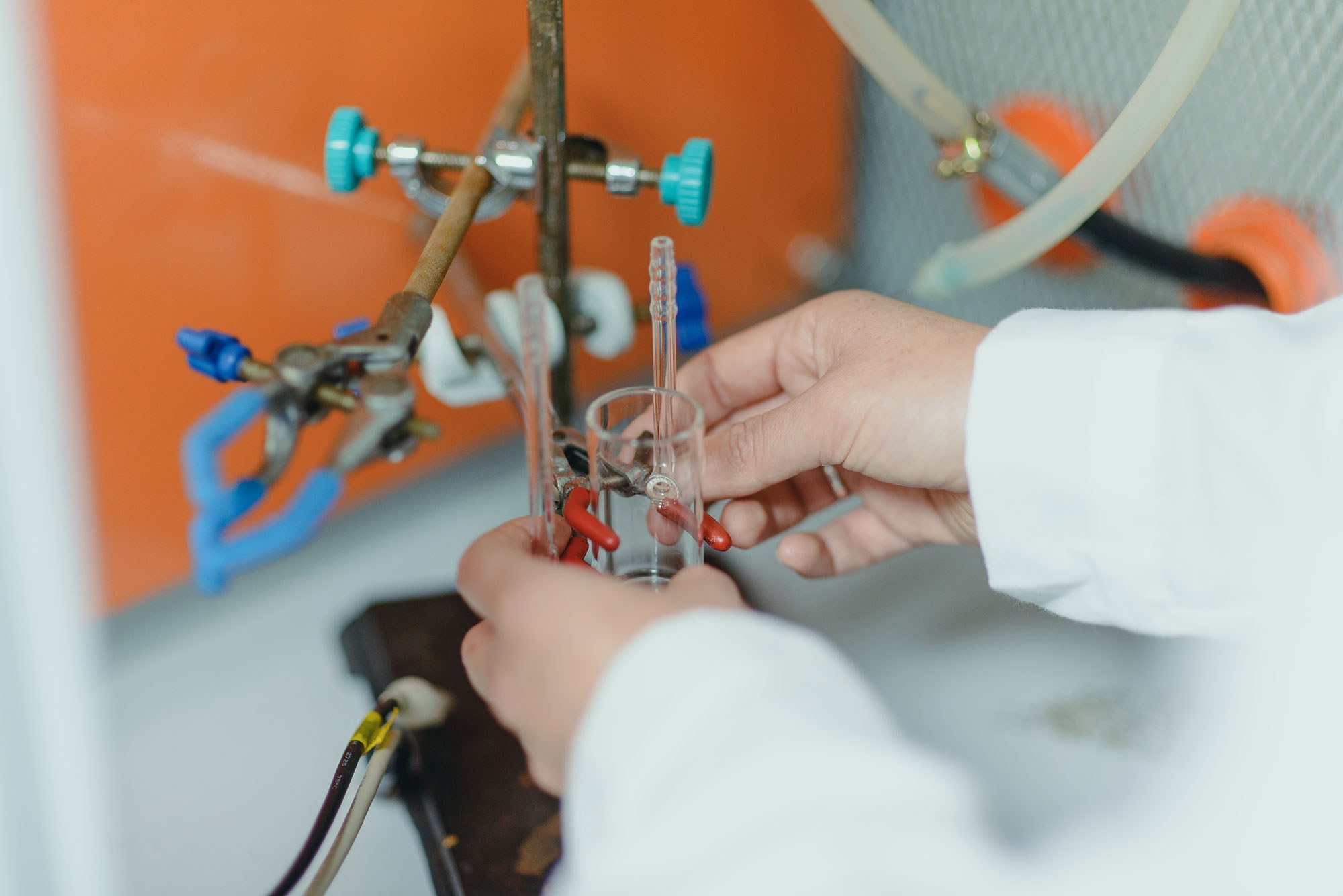Abarca, R. L., Medina, J., Alvarado, N., Ortiz, P. A., & Carrillo López, B. (2022). Biodegradable gelatin-based films with nisin and EDTA that inhibit Escherichia coli. PloS one, 17(3), e0264851. https://doi.org/10.1371/journal.pone.0264851
Abstract: In this study, we developed gelatin-based films for active packaging with the ability to inhibit E. coli. We created these novel biodegradable gelatin-based films with a nisin-EDTA mix. FT-IR, TGA, and SEM analysis showed that nisin interacted with the gelatin by modifying its thermal stability and morphology. The use of nisin (2,500 IU/mL) with concentrations of Na-EDTA (1.052 M stock solution) distributed in the polymer matrix generated a significant decrease in the growth of E. coli when compared to the control. In freshly made films (t0), the growth of E. coli ATCC 25922 was reduced by approximately 3 logarithmic cycles. Two weeks after the films were made, a reduction in antimicrobial activity was observed in approximately 1, 1 and 3 logarithmic cycles of the films with 5%, 10% and 20% of the compound (nisin/Na-EDTA) distributed in the polymer matrix, respectively. This evidences an antimicrobial effect over time. Also, biodegradation tests showed that the films were completely degraded after 10 days. With all these results, an active and biodegradable packaging was successfully obtained to be potentially applied in perishable foods. These biodegradable, gelatin-based films are a versatile active packaging option. Further research on the barrier properties of these films is needed.
Pablo Ortiz
pablo.ortiz@umayor.cl


